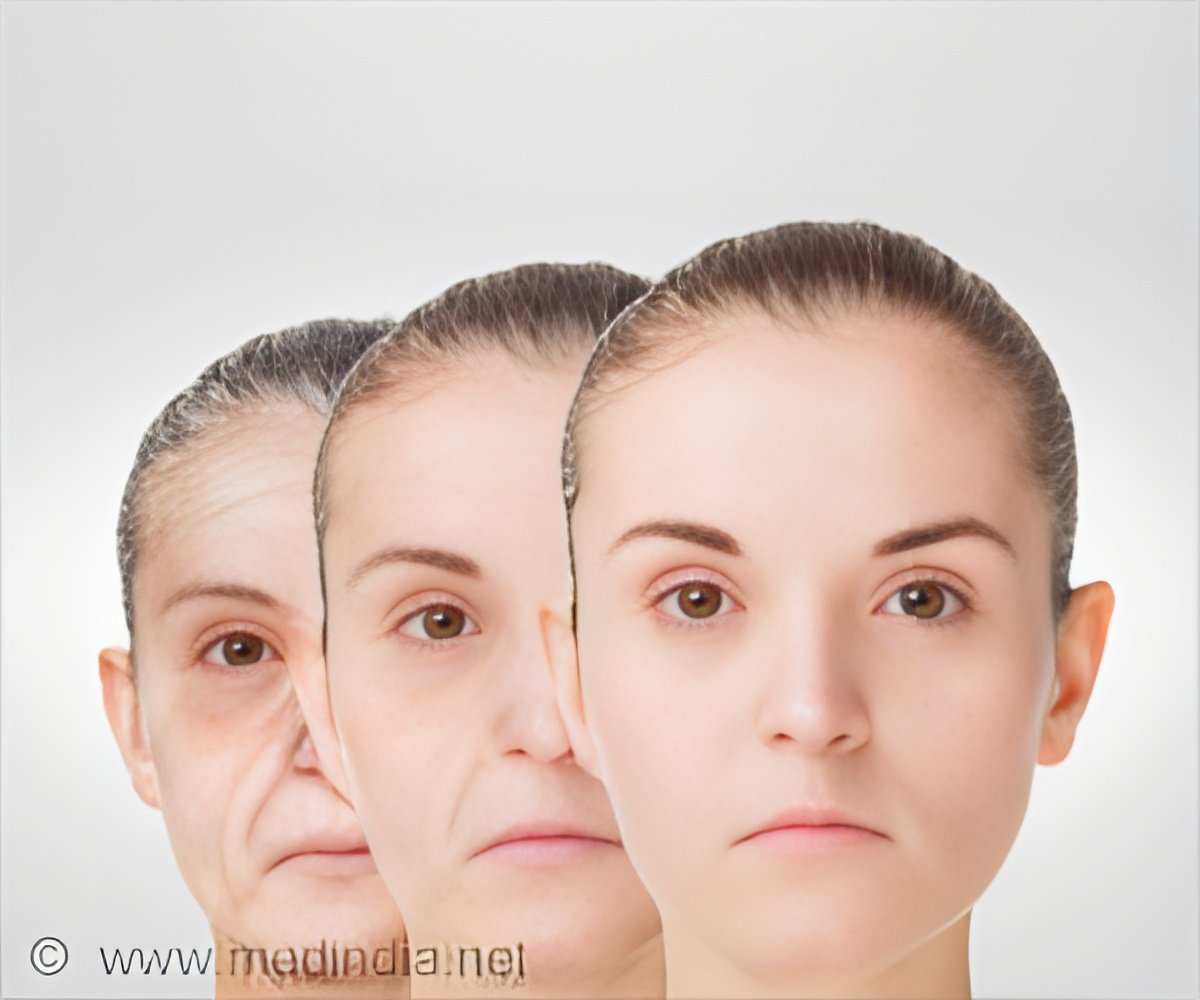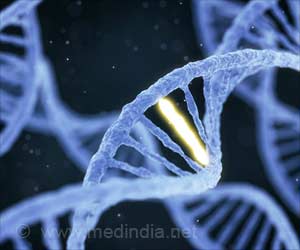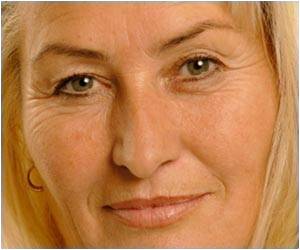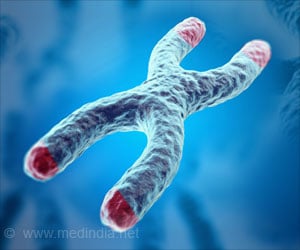Specific gene expression pattern observed in young looking women can now be developed to delay signs of aging in women

‘Gene expression patterns from women who were younger appearing were found to be similar to the actual young women. They had observed increased basic biologic processes activity in those genes.’





"We found a wide range of processes in the skin affected by aging, and we discovered specific gene expression patterns in women who appear younger than their chronologic age."To produce a comprehensive model of aging skin, Kimball and her colleagues collected and integrated data at the molecular, cellular, and tissue levels from the sun-exposed skin (face and forearm) and sun-protected skin (buttocks) of 158 white women ages 20 to 74 years. As part of the study, the team looked for gene expression patterns common in women who appeared years younger than their chronologic age.
The physical appearance of facial skin was captured through digital images and analysis. Skin samples were processed for analysis and saliva samples were collected for genotyping.
The analyses revealed progressive changes from the 20s to the 70s in pathways related to oxidative stress, energy metabolism, senescence (aging) and skin barrier. These changes were accelerated in the 60s and 70s. Comparing sun-exposed and sun-protected skin samples revealed that certain genetic changes are likely due to photo aging.
The gene expression patterns from the women in the study who were younger appearing were similar to those in women who were actually younger in age. These women had increased activity in genes associated with basic biologic processes, including DNA repair, cell replication, response to oxidative stress, and protein metabolism.
Advertisement
A better understanding of the genes associated with youthful-appearing skin may point to new strategies to enhance factors that slow the skin's aging process. This work also confirmed that ultraviolent (UV) exposure is a main driver and accelerator of skin aging.
"Improving our understanding of which choices and factors led to this specific profile is likely to be of great interest across the ages."
Source-Eurekalert














